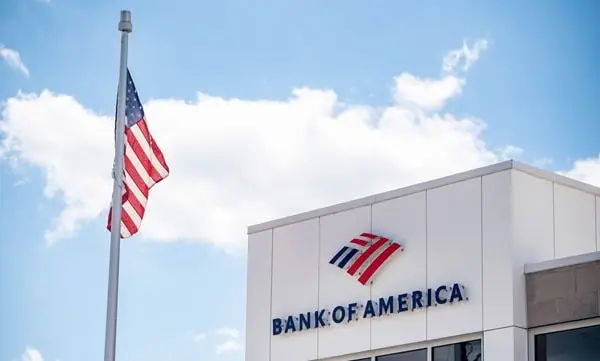UBS Sues Bank of America: A $200 Million Legal Battle Over Mortgage Securities
In August 2024, UBS Group AG, the Swiss banking giant, filed a lawsuit against Bank of America (BofA) for $200 million. This case stems from a long-standing dispute over risky mortgage loans that date back to the 2008 financial crisis. UBS claims that BofA has failed to meet its indemnification obligations related to these problematic loans, reviving issues from one of the most turbulent periods in financial history.
The Origins of the Dispute:
The root of the conflict lies in Countrywide Financial, a mortgage lender notorious for its role in the 2008 crisis. Countrywide, acquired by Bank of America in 2008, was involved in packaging subprime mortgages into securities. UBS was one of the financial institutions that purchased and re-sold these mortgage-backed securities (MBS), which were later found to be riddled with faulty underwriting and fraudulent practices. UBS claims that Countrywide had agreed to indemnify it for legal and financial repercussions arising from these securities, but BofA has allegedly failed to honor this agreement.
Legal History of the Mortgage Securities:
UBS has already faced significant financial liabilities related to these loans. In 2013, the bank paid $885 million to the U.S. Federal Housing Finance Agency to settle claims over the faulty securities, and in 2016, it reached another confidential settlement with the Federal Home Loan Bank of San Francisco. Despite these settlements, UBS argues that it incurred significant additional legal expenses related to the loans, including $53 million, which it believes should have been covered by BofA under indemnification clauses.
Bank of America’s Position:
Bank of America has faced numerous legal challenges related to its acquisition of Countrywide, including tens of billions of dollars in legal costs. However, in this case, BofA has denied that it is responsible for indemnifying UBS for the additional expenses. UBS, on the other hand, insists that it had clear agreements with Countrywide prior to its acquisition by BofA, and that the refusal to comply with these indemnification terms is a breach of contract.
The Broader Implications:
This lawsuit is not just about recovering legal costs; it highlights the lingering legal and financial fallout from the 2008 financial crisis. Mortgage-backed securities and the collapse of subprime lending were at the heart of the crisis, and even 16 years later, financial institutions are still dealing with the consequences. For UBS and BofA, this case could have significant financial implications, but it also serves as a reminder of how risky and poorly regulated practices from the pre-crisis period continue to impact the financial industry.
Conclusion:
As the case moves forward, the legal battle between UBS and Bank of America could set an important precedent for how banks handle indemnification obligations stemming from past financial crises. With $200 million at stake, both institutions will be under intense scrutiny, not only for how they resolve this dispute but for what the case reveals about the broader legal and financial systems still grappling with the aftermath of the 2008 crisis.
This ongoing case, built upon a decade-old financial disaster, serves as a stark reminder of how deeply entrenched and lasting the consequences of the mortgage meltdown truly are. The final verdict could reshape the landscape for financial institutions managing legacy risks from the crisis.


